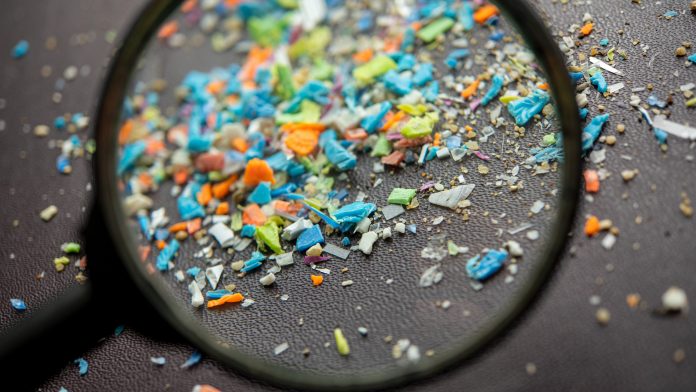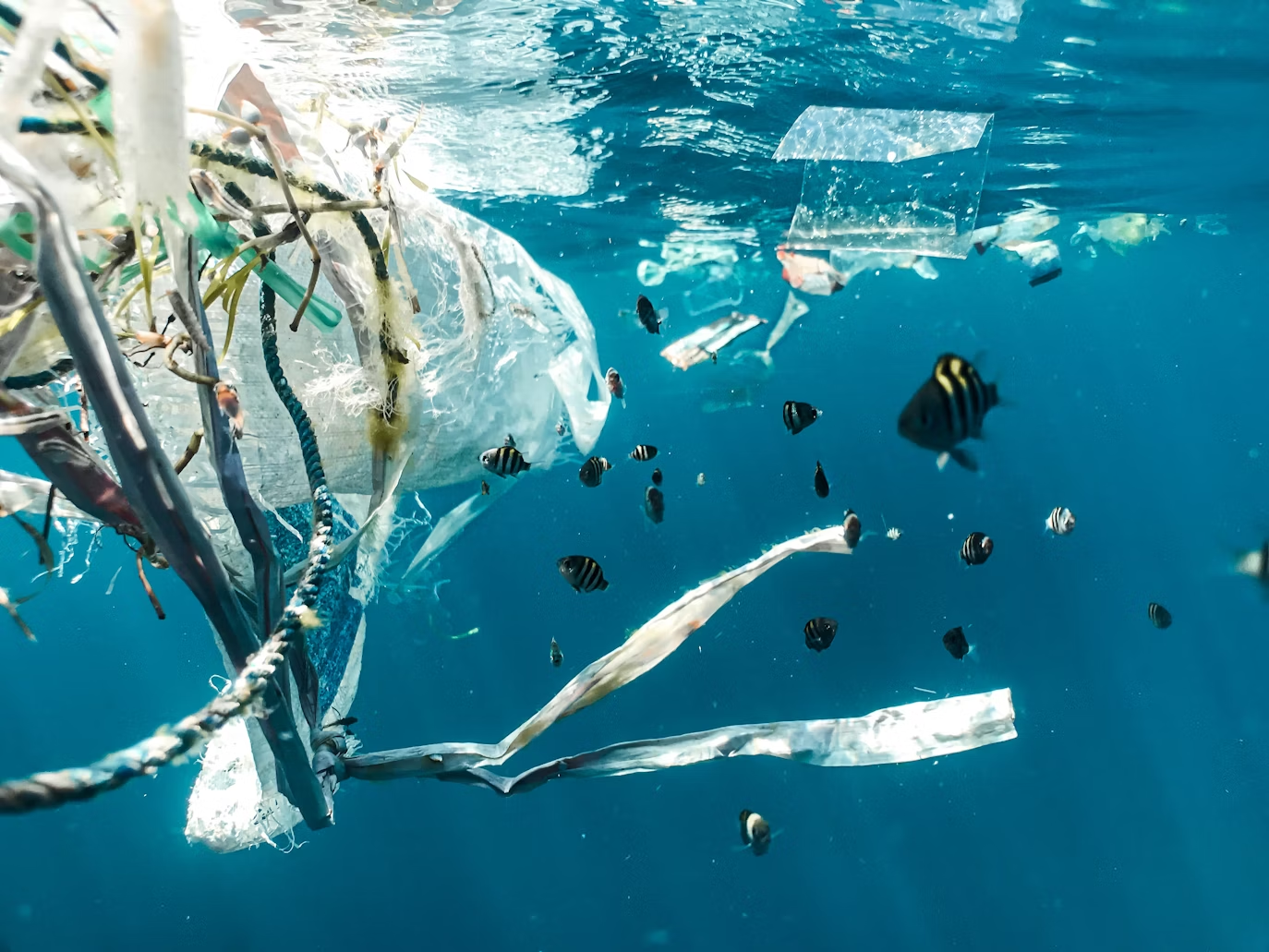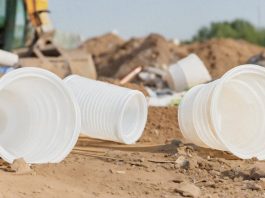Researchers from the Hubei Key Laboratory of Wetland Evolution & Ecological Restoration have unveiled a novel approach to addressing microplastic pollution—phytoremediation.
Phytoremediation leverages the natural capabilities of plants to absorb, stabilise, and degrade micro and nanoplastics, offering a promising and eco-friendly solution to the growing problem of plastic contamination in ecosystems.
The findings could mark a significant advancement in how we manage and mitigate the widespread issue of plastic waste.
The growing threat of microplastic pollution
Microplastic pollution has become a critical environmental challenge, with tiny plastic particles infiltrating terrestrial, aquatic, and even atmospheric ecosystems.
These particles, often resulting from the breakdown of larger plastic items, pose severe risks to wildlife, ecosystems, and potentially human health.
As plastic waste continues to accumulate globally, finding effective methods to address this pollution has become increasingly urgent.
Phytoremediation: An eco-friendly alternative
Phytoremediation presents a sustainable alternative to traditional pollution control methods.
This technique utilises specific plants, known as hyperaccumulators, to capture and degrade pollutants, including microplastics.
These plants are strategically selected for their ability to absorb, stabilise, and filter harmful substances from the environment, thereby preventing the further spread of microplastics.
The recent research explores various mechanisms through which plants can be employed to tackle microplastic pollution.
The study emphasises the potential of phytoaccumulation, where plants absorb microplastics through their roots and leaves, and phytostabilisation, where plants immobilise plastics within the soil, preventing their dispersal.
Additionally, phytofiltration is highlighted as a technique where plants filter microplastics from water, offering a comprehensive approach to remediation across different environments.
A call for comprehensive research
The potential of phytoremediation in combating microplastic pollution is vast, but the study underscores the need for further research to optimise and implement these techniques effectively.
The researchers advocate for the integration of phytoremediation into existing waste management frameworks, suggesting that this approach could enhance the sustainability and efficiency of plastic pollution control strategies.
Dr Yuyi Yang, the lead researcher of the study, emphasised the transformative impact of this approach: “Phytoremediation isn’t merely a technique; it’s a sustainable revolution in our battle against plastic pollution.
“By harnessing plant-based solutions, we can reduce the environmental burden of plastics, turning waste into valuable resources and fostering a healthier planet.”
The study’s findings suggest that phytoremediation could play a pivotal role in reducing microplastic pollution and supporting ecosystem recovery.
By incorporating plant-based solutions into our environmental management strategies, we can improve biodiversity, restore ecological health, and mitigate the long-term impacts of plastic pollution.
As the research community continues to explore and expand upon these findings, phytoremediation may soon become a cornerstone of sustainable environmental management, offering a viable path forward in the fight against microplastic pollution.





